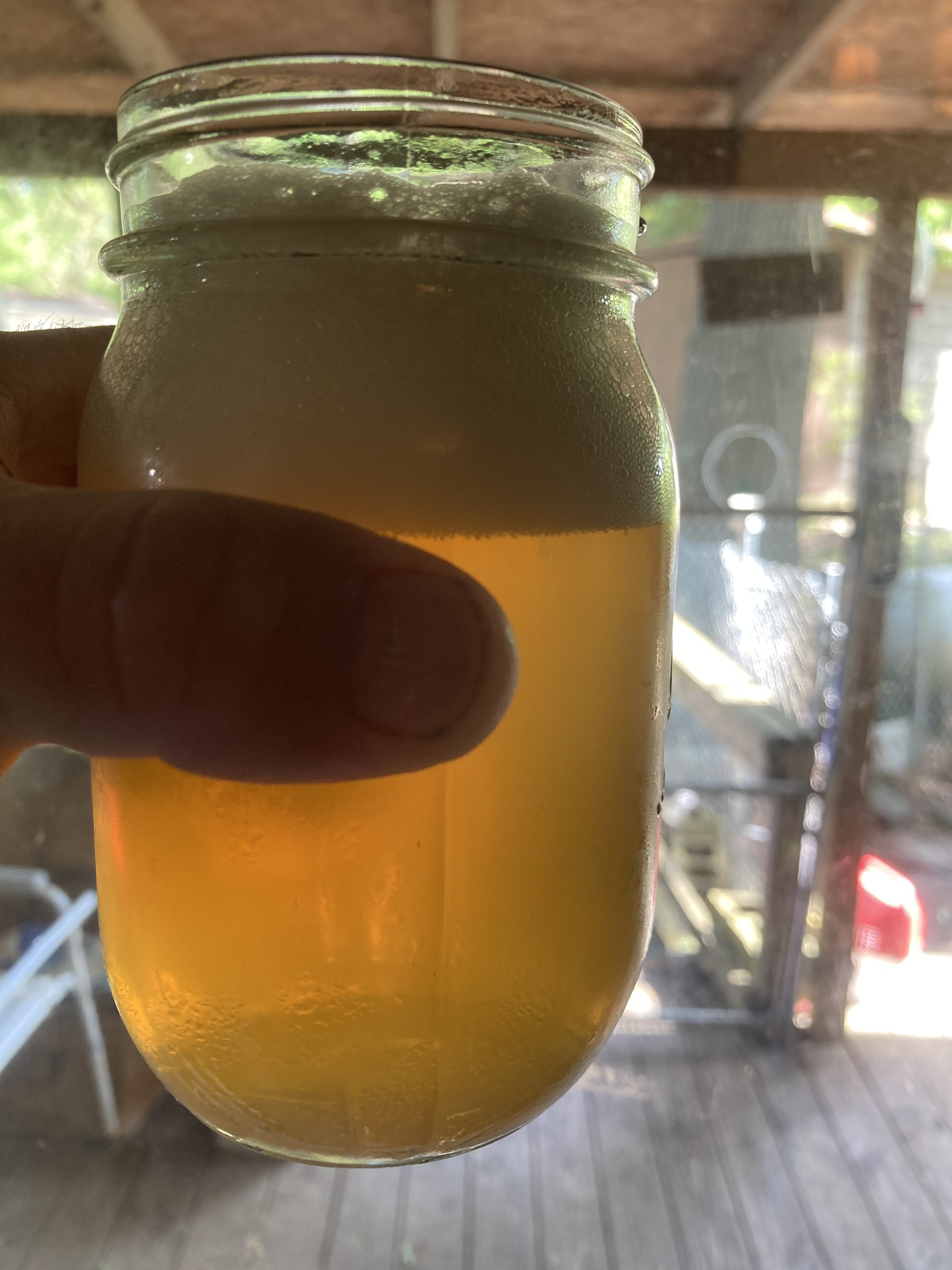You can skip this step. Plan on a batch sparge. At the end of the mash (60 minutes) drain the wort from the mash tun. (Wort is the liquid that you collect from the mash. It will be sweet as the starches of the grain will have converted to sugar in the mash). Measure how much you have collected. Compare this to how much you should have (the 4.5 gallons) and add this much water to the mash tun. Stir it well, then drain it. That is the sparge step and it will collect more of the sugars that otherwise would have stayed in the mash. If you want to collect more of the sugar, split the amount of water to be added and do two sparges.
Now for the rest of it. Your batch size is probably what you expect to end up with to be bottled. You need to add some to that to account for the trub (yeast and proteins that you will leave behind in the fermenter) and I would expect that to be about 1/2 gallon. That means you need 5 gallons in the fermenter. Your wort will need to be boiled and that causes loss of water too. In an hour boil you probably will lose nearly 1 gallon. Now you need about 6 gallons in the boil. Instead of planning to only add enough water to get to the 4.5 gallons you need to plan to get 6. It won't hurt if you get a little more or a little less on this batch. Only by making a batch will you know just how much you boil off.



